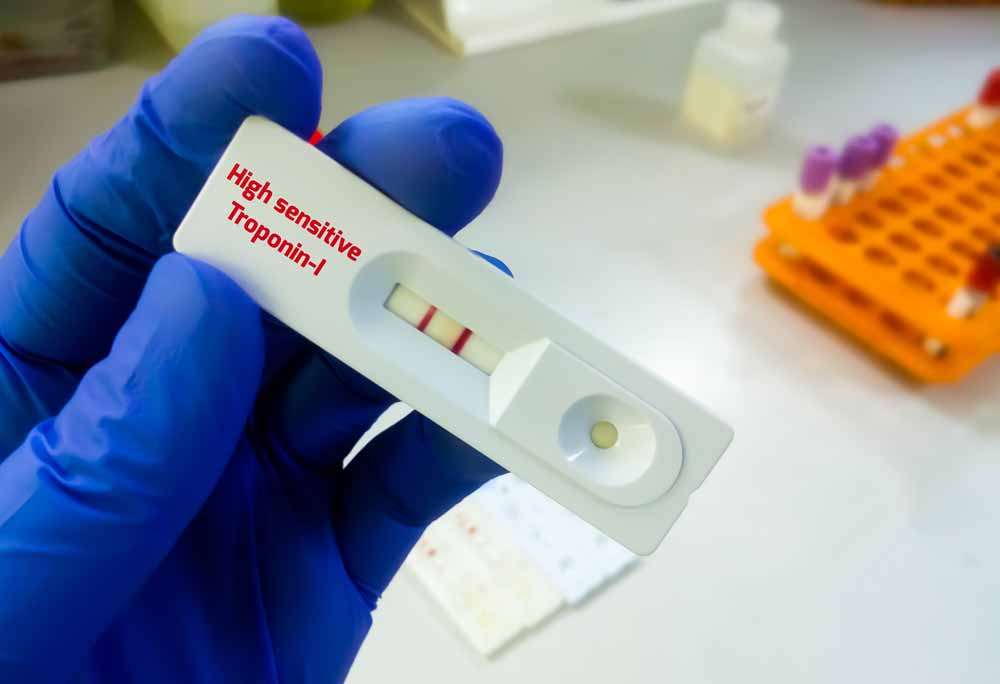Empathy in medical education

Is Empathy needed in Medical Education? Empathy, defined as compassion or the ability to put oneself in the place of another person. To comprehend his/her emotional state. To understand feelings and thoughts. To be imbued with his/her experiences and to respond to them. This is one of the necessary requirements for the professional qualities of a medical worker.
Empathy, which is a reaction to the manifestations of the emotional state of another person, including those expressed almost imperceptibly (facial expressions, speech, gestures, actions, etc.), helps people get to know each other more effectively, form a more accurate first impression, and reduce the effect of distortion perception of another person. Thanks to empathy, the chosen ways of interaction and behavior are adjusted towards the least distressing and most comfortable.
The doctor’s ability to show empathy, the ability to listen to the patient, to show care and sympathy for him, makes it possible to get in touch, gain his trust, and better understand the patient’s condition. The patient’s trust in the medical professional, the conviction in his experience is an indicator of a normal relationship, in which patients usually agree to the necessary methods of further examination and treatment.
A high level of empathy as a personality trait of a student, a future medical worker, is a professionally necessary quality, a condition for his successful work as a specialist. Therefore, it is extremely important to increase the level of development of empathy in students in the very process of learning.
It can be assumed that such psychological personality traits are inherent in all medical students and that they consciously or subconsciously influenced the choice of profession. Therefore, it is very important in the process of training a future medical worker to form and carefully educate these “best properties of the soul”.
According to modern research confirming the ability to form and develop empathy, it is important to use the following methods of developing empathy:
- development of memory, fantasy, imagination, attention, impressionability;
- the formation of moral motives;
- the use of emotional methods of influence, life examples;
- learning to understand the externally perceived manifestations of the emotional state: sounds, facial reactions, gestures.
The following techniques also contribute to the formation and development of empathy in students:
“Substitution of motive”. The technique bases on deliberately replacing the real motive of an act with a fictional one, which for some reason could not be realized. Substitution of a motive radically changes the content of an act, transforming it from negative to positive. This technique helps to form the willingness to look at the problem from a “different angle” necessary for successful communication.
Positive reinforcement. These are various influences (mimic – a kind look, a smile; verbal – a compliment, praise; subject – presentation of an award; plastic – friendly gestures, wave of the hand; effective – stretching out a hand, permission, offering something), expressing approval, recognition of the student’s personal merits … Their goal is to cause satisfaction from what has happened or has been produced, which leads to the formation of a system of relations to social and cultural values all around the world.
Socio-psychological training, the main elements of which are role-playing, business games and discussion. The training helps to acquire and correct skills as well as to increase competence in the field of interpersonal communication. This allows to form an empathic culture of students which develops their abilities for introspection and understanding of other people.
A person’s empathy helps in creating a trusting atmosphere, achieving openness and relaxation, overcoming stiffness, mistrust and suspicion, makes it possible to enter into emotional resonance with others, predict their behavior and effectively make an impact.
At the same time, one should not forget that a medical worker who is forced to be in extreme circumstances, constantly faces stressful situations that arise both during study and in practice. In addition, the suffering of people, along with empathy, must also be stress-resistant so as not to undergo psychological deformation, disappointment in professional activity, emotional exhaustion and burnout.
Empathy in medical education is a necessary skill. Therefore, in training simulators of “Global electronic database of clinical case scenarios “ClinCaseQuest””, great attention is paid to both the cognitive basis of practical skills, the development of clinical thinking, and the development of empathy. In the scenarios of clinical cases, the techniques, “Substitution of motive”, “Positive reinforcement” and “Socio-psychological training” are actively used, and the student receives instant feedback and support at each stage of training. This includes communicating with the patient, reporting bad news, explaining the need for additional research methods, increasing the patient’s compliance with therapy, and communicating with colleagues during consultations. All this lays the foundations for a successful professional activity.
Register on our website right now to have access to more learning materials!





